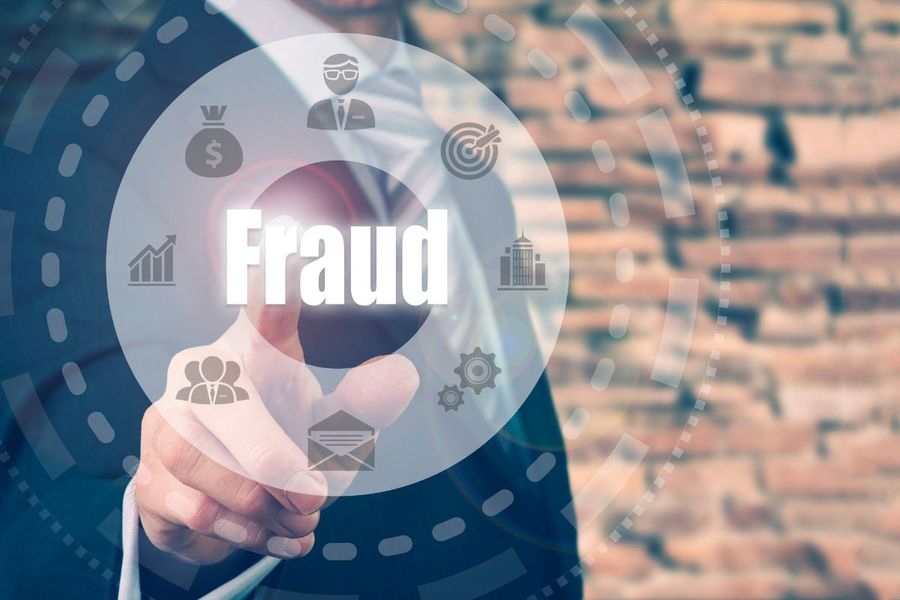
Real estate fraud is a growing threat that significantly challenges the real estate market's stability. Deed fraud, also known as title fraud, is a type of real estate fraud that has increased in recent years. Deed fraud occurs when an individual fraudulently transfers ownership of a property to themselves without the knowledge and consent of the real owner.
Deed fraud typically involves using fraudulent documents, forged signatures, and false identities. The perpetrators of these scams are often professional fraudsters who have perfected their craft over time. This kind of fraud can result in devastating consequences for property owners and the real estate market as a whole.
How does deed fraud work?
In most cases, deed fraudsters will search public records to identify a property that is owned by an absentee owner or an elderly person who is no longer residing at the property. The fraudster will then acquire fraudulent documents, including a fake deed or other fake documents that can be used to prove property ownership. The fraudster will then record these documents with the local registry of deeds, transferring the title to their name.
The aftermath of deed fraud
Deed fraud can become very challenging to deal with once it happens. The legitimate owner of the property would only discover the fraud when they receive a notice of eviction or notice of default from the bank that holds the mortgage.
The legitimate property owner will have to fight to reclaim their property, which can take months. Moreover, they could be forced out of their property, which will cost them substantial money in legal fees and other recovery costs.
Steps for preventing deed fraud
Property owners can take preventative measures to help prevent deed fraud, including:
- Regularly checking public records to ensure their property ownership is accurate.
- Monitoring unusual activity in the mail or notices of foreclosure on their property.
- Check out services like ours at Home Title Lock.
- Working with an estate or financial planner, attorney, or fiduciary who can assist with overseeing the property's ownership and accessibility
- Investing in title insurance: Title insurance is a policy that protects homeowners and lenders from financial loss in the event of a title dispute or fraud. This type of insurance can provide a critical safety net in cases of deed fraud.
- Engaging a reputable real estate attorney: An experienced attorney can provide invaluable advice and counsel to help prevent fraudulent transactions, ensure that all documentation is in order, and validate the legitimacy of deeds.
- Using secure identity verification services: These services can help confirm the identity of all parties involved in a transaction, reducing the risk of fraud.
- Implementing a two-factor authentication process for transactions involves using two different methods to verify a user's identity, adding an extra layer of security to protect against fraudulent activity.
- Educating oneself about common scam tactics: Understanding the tactics used by fraudsters can help property owners to recognize potential fraud and take steps to prevent it.
The role of technology in preventing deed fraud
New technology is being developed to help prevent deed fraud. Blockchain technology is being implemented as an anti-fraud system that can prevent the alteration of property records since transactions can only be validated by multiple sources on the chain.
Final Thoughts
Deed fraud is a serious criminal act that can be costly and disruptive to property owners and the real estate market. Understanding how these scams work, what steps to take to prevent fraud, and how new technology is being developed to prevent fraud is crucial in protecting real estate owners and keeping the industry stable. Don't forget to secure accurate records, monitor activity in your property's documents, and work closely with experts specializing in estate planning. In these ways, you can help prevent fraudulent activity and protect your financial and personal investments.
This content has been reproduced from its original source.